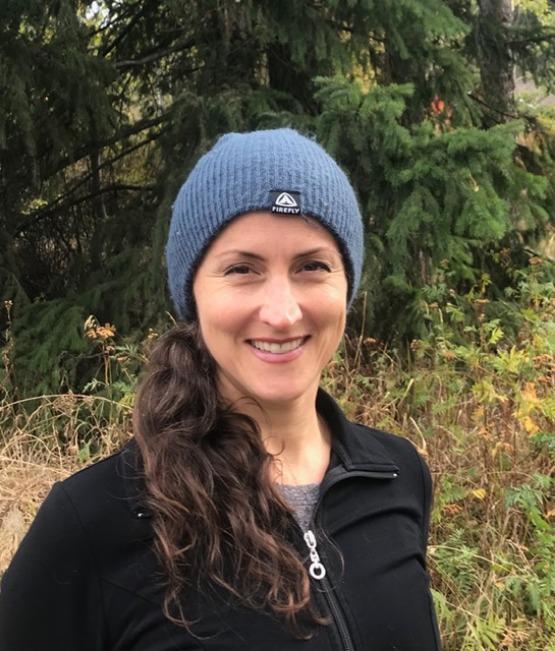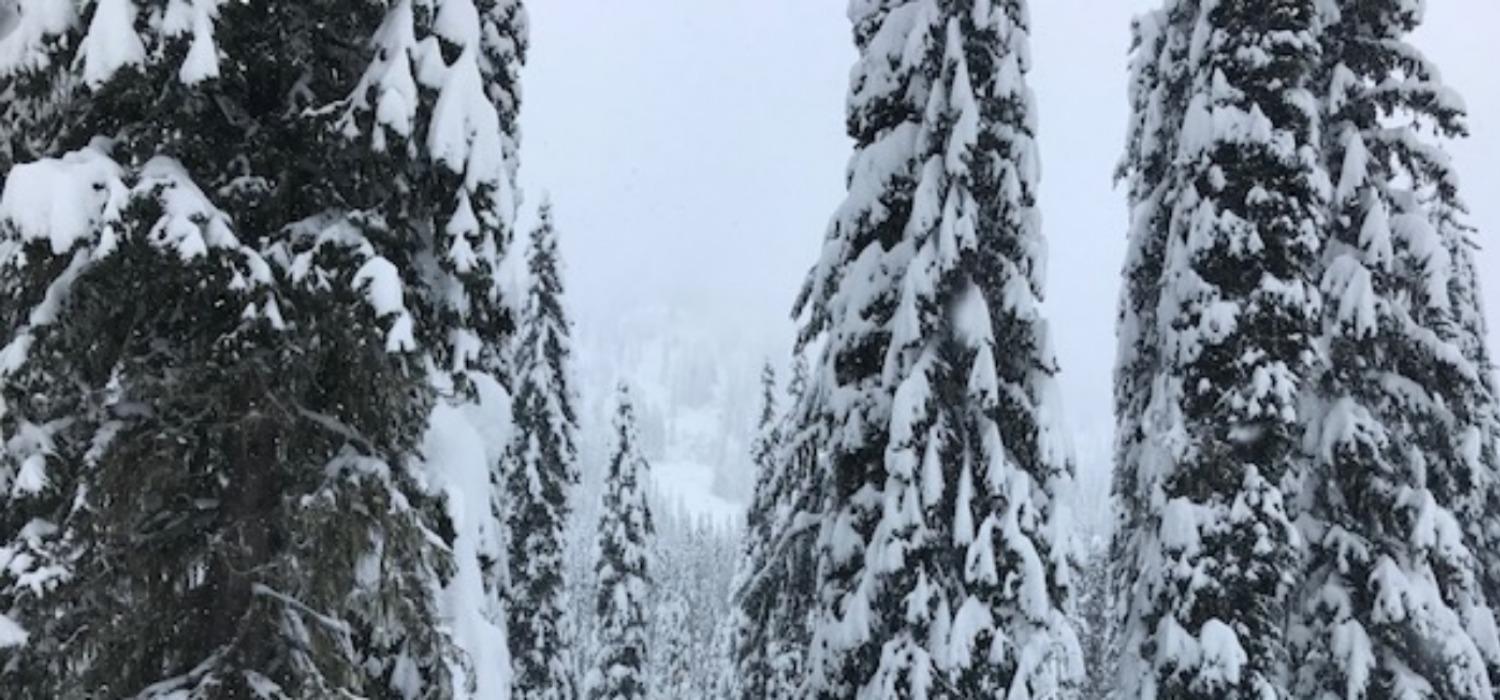
Jan. 25, 2021
UCalgary International Indigenous Studies Program and the Department of Political Science interviews our colleague Dr. Adela Kincaid

Your work is broadly on rural community-based research, animal-human relationships, and ecomuseums. How did you become interested in these areas?
My Ph.D. dissertation on free-roaming horses in Alberta provided a rich opportunity to learn from Indigenous knowledge keepers, communities, and individuals and to incorporate various ways of understanding. Animals and the environment have always played important roles in my life. My interests then led me to two community-based postdoctoral projects. One focused on animal-human relationships where I had the privilege to work for and with an Indigenous community in northern Saskatchewan and the other was a rural sustainability ecomuseum project. The animal-human research concentrated on creating an Indigenous wellness model as well as developed Indigenous, community-led, and retained curriculum where animals are positioned as equitable and interconnected. Upon completion of my postdoctoral work and before joining the University of Calgary, I led research in rural British Columbia that revolved around community needs and partnerships.
Can you tell us what has been occupying your time most recently?
Despite the restrictions due to the pandemic and beyond my very supportive Indigenous Studies and Political Science colleagues, in my short time at the University of Calgary, I have been fortunate to meet a number of people who have provided exciting collaborations. Through two initiatives—Global Challenges and CURE—the Taylor Institute has provided funding and support for me to create an undergraduate research team and to hire three funded research coaches. These highly motivated undergraduates will contribute to my research initiatives and support course development next term. I have also been fortunate to work with a highly knowledgeable doctoral student in the Department of Political Science, Ryan Crosschild, who acted as a TA in both of my introductory Indigenous studies courses last term. In addition, I am grateful to the Office of Sustainability which has provided connections to organizations for community-based projects and funding.

You are an Instructor in the International Indigenous Studies Program here at UCalgary. What do you most enjoy about teaching in this program?
I am excited and humbled at being part of the dynamic International Indigenous Studies program and the knowledgeable scholars that I have the opportunity to work with. I have enjoyed exploring creative ways to interact with students in an online environment and thanks to their enthusiasm, I believe we were successful at creating connections to one another. I have, by far, most appreciated the students and their interest in Indigenous studies. Their effort, enthusiasm, and support made this past term engaging. Students created support groups, an informal Indigenous video/movie club, invited community Elders and knowledge keepers into our classroom, and even organized an online beading workshop led by Elders from a northern community. One other aspect that I have really enjoyed is that students have been able to join the class from various parts of the world and brought global Indigenous cultures into our virtual classroom. One example consisted of a student attending an Indigenous ceremony in Sri Lanka.
Finally, our lives are almost always more complex than they first appear. Would you like to tell us something we might not know about you?
When I was a child my family fled from an oppressive regime and at 6 years of age, I was at the largest refugee camp in Austria. Thankfully, we were accepted into Canada after one year. My family was placed in Ontario and I grew up there until I moved west to attend University. A University education would not have been an option for me if we had stayed.
Before my academic career, I was also a teacher from K-12. After I completed my undergraduate teaching degree I was fortunate to teach for and on Siksika Nation at Chief Old Sun School. I taught at a Hutterite Colony as well as in Japan and traveled Southeast Asia for one year.
Thanks to Dr. Adela Kincaid for sharing with us!
